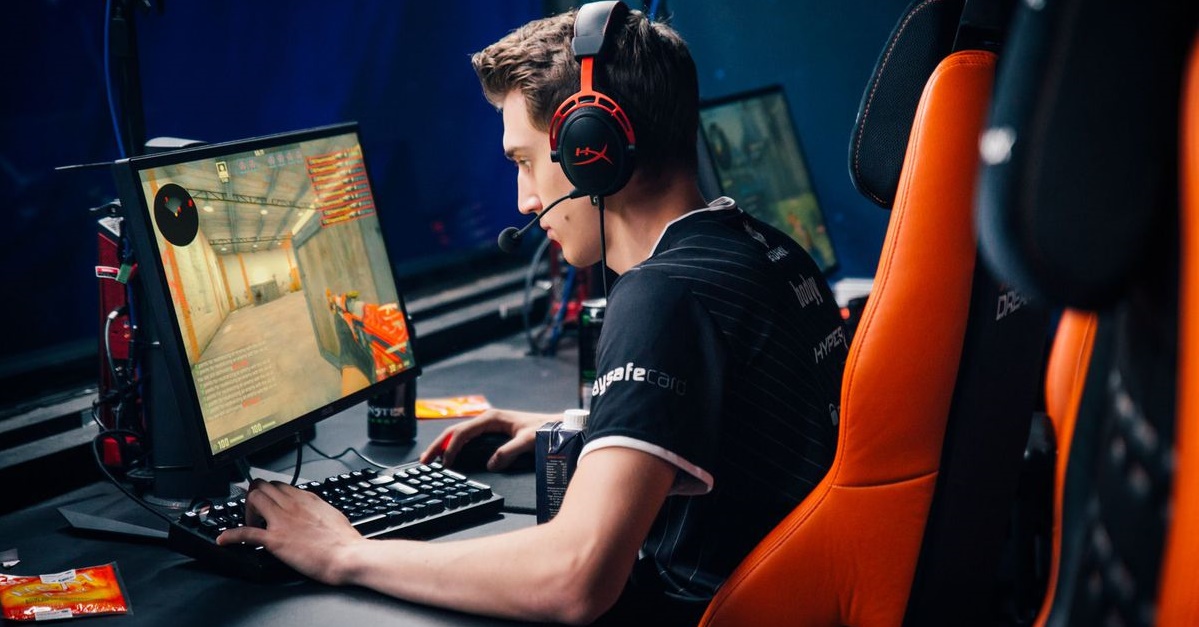
World Health Organization: Video games addiction as a mental disorder in 2018
Just when we thought society is becoming more accepting of video games, news like this surface the web.
Apparently, Gaming Disorder will be widely recognized by medical professionals in 2018 as a mental health disorder, thanks to the World Health Organization’s 11th Revision of the International Classification of Diseases (ICD-11). The ICD-11, which contains medical coding to classify diseases, will have Gaming Disorder listed under “Disorders due to substance use or addictive behaviors” in the Mental Disorders section of the diagnostic manual. The only other disorder listed in the subsection of “addictive behaviors,” next to Gaming Disorder, is Gambling Disorder.
WHO characterizes Gaming Disorder as a “pattern of persistent or recurrent gaming behavior…manifested by impaired control over gaming, [increased] priority given to gaming to the extent that gaming takes precedence over other life interests and daily activities, and continuation or escalation of gaming despite the occurrence of negative consequences.” The organization also recognizes that the behavioral patterns–continuous, episodic, and/or recurrent–related to Gaming Disorder may result in “significant impairment in personal, family, social, educational, occupational, or other important areas of functioning.”
This is the first time that a gaming-related disorder has been officially recognized by the medical community since the “Internet Gaming Disorder” (IGD) in the DSM-5, or the Fifth Edition of The Diagnostic and Statistical Manual of Mental Disorders, in 2013. IGD, however, isn’t officially recognized as a formal disorder by professionals yet, since it was put into the DSM-5 as a condition needing “further study.”
Despite that many studies showed playing for longer periods causing lower grades and more sleep problems in students, gaming is essentially like everything else in life in it being bad when addicted to. However, what worries us is what society will make up of this inclusion as a mental health issue, considering that parents are always waiting to put the blame on video games.
WHO’s description of Gaming Disorder doesn’t account for esports players whose main occupation is to compete for money and for glory. Luckily for the players, there are already several medical professionals working with teams, such as Dr. Matthew Hwu of CLG, to help manage player health and prevent injury.

